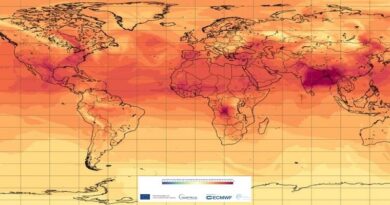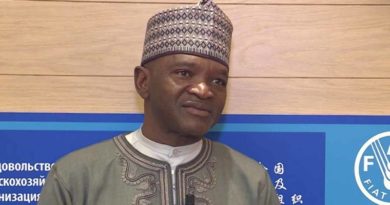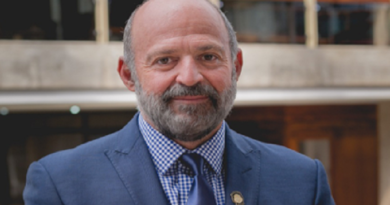Least Developed Countries unveils Vision for a climate resilient future
More than two thirds (69%) of people killed in climate-related disasters in the past 50 years were living in 47 of the world’s poorest nations, according to findings released by the group of Least Developed Countries (LDCs) ahead of the UN Climate Action Summit.
The LDCs – which make up 13% of the global population – revealed the toll of extreme weather events like droughts, wildfires, floods and landslides between 1970 and 2019 as they launched 2050 Vision, their blueprint for a climate resilient future.
“Over one billion people in our countries live on the frontline of climate change despite doing the least to cause it,” says Mr Sonam P Wangdi, Chair of the Least Developed Countries Group. “The current system is failing. The global response to climate change must rapidly transform to move the world onto a 1.5°C compatible pathway.”
The LDCs will take centre stage at the Climate Action Summit. Together with other LDC leaders, H. E. Dr. Lotay Tshering, Prime Minister, Royal Government of Bhutan, will launch the 2050 Vision, which calls for every country to produce a national strategy to prevent global warming beyond 1.5°C. It also outlines measures the LDCs will take to push for climate resilience and net zero emissions by 2050. This involves channelling 70% of climate funding to drive local level action, holistic climate change planning from the local to the national level, and ensuring climate solutions are centred on gender and social justice.
“Our goal is a more effective, more ambitious and more equitable global response to climate change, with no one left behind,” says Mr Wangdi.
The LDCs are asking for an initial US$450m of investment over 10 years in the LDC Initiative for Effective Adaptation and Resilience (LIFE-AR), to help them deliver the adaptation and resilience work outlined in their Vision. This money will support the countries who are the first to join the drive – Bhutan, Ethiopia, The Gambia, Malawi, Tanzania, and Uganda.
The LDCs are also championing two other long-term initiatives that will work to support the Vision: the LDC Renewable Energy and Energy Efficiency Initiative for Sustainable Development (LDC REEEI) and the LDC Universities Consortium on Climate Change (LUCCC).
As more than half of the people living in the LDCs currently do not have access to electricity, LDC REEEI will focus on getting 100 percent sufficient and affordable renewable energy to all LDC citizens by 2030 and 100 percent electricity from renewable sources by 2050.
Through LUCCC, 10 founding Universities will strengthen the understanding of climate change across the group, design LDC-owned solutions and train the next generation of leaders.
“The least developed countries are being bold and ambitious,” says Mr Wangdi. “We have committed to doing more than our fair share in the global effort to halt the climate crisis and address its impacts. But we cannot do it alone. We are asking the international community to commit to supporting our priorities, our initiatives and our Vision.”
In 2020, LDCs will come forward with enhanced nationally determined contributions (NDCs) to the Paris Agreement, long term plans to reach net zero emissions and climate resilience by 2050, and national adaptation plans. These ambitious strategies and plans will also need support from the international community.




